You have probably had to deal with hazardous substances in your business – whatever the sector! Hazardous waste comes in many forms, which many commercial enterprises must be aware of to stay on the right side of the law. This article will discuss the basic information on different harmful materials found in your business, what they are, and how to dispose of them properly.
The UK national institute of health administration has specific regulations regarding the health and safety of many chemicals and their exposure to us. Before knowledge of hazardous materials and hazard communication protocols in the workplace, there were awful cases of gases and fumes in the air causing lung disease and cancer as well as ionizing radiation and other substances, which once exposed to leads to a decline in medical health and often causes death. Certain chemicals, whether in solid form or not, can harm employees in the workplace if PPE isn’t in place to protect them.

What are the Examples of Harmful Materials?
Many damaging materials out there count as hazardous waste and must be treated differently from other waste. For waste to be considered dangerous, it usually has to pose a destructive threat to humans or the environment. This can include WEEE waste, industrial waste, construction waste, and hazardous liquid waste. Examples include many substances:
- Asbestos
- Batteries
- Pesticides
- Hazardous chemicals
- Healthcare waste
- Insulation materials
- Car oils
- Fridge chemicals (contain ozone-depleting substances)
- Solvents
- Phones
- Laptops
- Paint chemicals
- And much more chemicals in commercial and household products!

Look at our harmful materials waste services.
What are the Laws on the Removal of Hazardous Materials?
Human health effects and the environment can be adversely affected if this waste is not disposed of safely and compliantly with safety data sheets. Fines, prosecutions, and even prison time can result from such a violation. This is why establishing a waste management system that can dispose of hazardous waste effectively is critical.
Producers and holders of any hazardous materials must follow rigorous steps to meet the requirements of the laws and regulations in the UK to avoid exposure to dangerous waste.
This includes classifying your waste, sorting and separating hazardous waste, and hiring an authorised carrier to come and collect the waste for clearance. You will also need a consignment note which you should keep in your possession for a minimum of three years, along with any other related documentation for hazardous waste clearance. You can read more about hazardous waste laws on the UK government website.
The bottom line is:
Non-hazardous or other hazardous waste cannot be mixed with hazardous or POP waste – it is illegal!
Inspire Waste Management has all the documentation and experience required to carry out hazardous waste removal, including healthcare waste, so you and your employees can avoid exposure. Contact us today if you need help with your hazardous substances.
Steps of How to Dispose of a Waste Hazard
Once you know what a hazardous chemical substance can be in a workplace and how to dispose of the hazards, it’s easy to get on board and complete all your other business requirements. This is why we provide the correct information and documents when working with clients and offer a waste consultancy option if you need clarification on what service best fits your needs.
These steps will help you understand hazardous waste management better and prevent ill health effects on both humans and our surroundings!

Take a look at our hazardous waste services.
Talk to our experts today!
Step 1: Classification of Substances Hazardous
Your waste contractor must receive paperwork describing your waste. The following must be included:
- Classification codes for common types of waste, also known as LoW (List of Waste) or EWC (European Waste Catalogue).
- Wastes containing hazardous materials or POPs
- The type of business or premises where waste is generated
- Substance name(s)
- The process that generates waste
- An analysis of the waste’s chemical composition and physical characteristics
- Waste-related problems, requirements, or knowledge

Step 2: Store a Toxic Substance Separately
Once you have classified the different wastes your business produces, you can collect all of the hazardous materials left over and dispose of them separately from other waste. As a rule of thumb, you should store toxic waste in the following ways:
- Maintain a secure storage location for waste.
- Ensure that waste is contained in suitable containers to prevent it from escaping.
- The type of waste in the container should be clearly marked on the container.
- Waste should be covered to prevent it from blowing away.
- Waterproof covers can be used when rain or snow could cause contaminated runoff and has the added benefit of ensuring the waste is not accidentally reused.
Step 3: Authorised Waste Collection of Harmful Materials
Choose a waste carrier whose waste sites have an environmental permit and are registered with the government – like us! Despite leaving the premises, your business is still liable for waste removal. Hence, it is essential to find a company you trust and have gone through the verification process of safe chemical substance removal conduct provided by the government.
Call us today.
Step 4: The Consignment Note
Whenever hazardous waste is moved, consignment notes are required to remain with it until it has reached its final destination. This is a mandatory procedure. You can get in serious trouble with the law if there is no note with the waste when it is to be disposed of at a facility.
Look at the government website for more information on consignment notes and how to fill them out.

Step 5: Keeping Records
All documentation, especially hazardous waste removal-related ones, should be kept for at least three years. Keeping information like this together is known as a register. These are examples of what should be found in your register:
- Consignment notes
- Documents related to the shipment, such as carrier schedules (list of carriers if more than one carrier is involved), rejection records, etc.
- You should keep an inventory of waste disposed of, stored or treated at your site in a secure area that is easily accessible in an emergency.
Call us on 0800 002 9282
WEEE Collection
Waste electronics and electrical equipment are hazardous substances that need proper clearance techniques. We offer a collection specifically for WEEE, which can be helpful if you work in offices with a lot of electrical equipment. When it comes to replacing all the tech you need, waste management will be critical to consider as well because you can’t just throw these things in the standard bin! In this service, we can collect the following:
- Fridges
- Freezers
- Computers
- Keyboards
- Monitor screens
- Projectors
- Microwaves
- Televisions
- Kettles
We can take care of anything electrical that can be seen in an office or other work environment.

Liquid Waste Removal
The physical properties of some hazardous substances are in liquid form. Inspire Waste Management can collect liquid waste, including many hazardous materials. We follow all safety precautions and safety and health regulations (such as a risk assessment, wearing protective gloves for no skin contact, and using warning labels). An example of a liquid hazardous material can include:
- Fuel oil
- Petrol and diesel
- Brake fluids
- Sewage
- Flammable liquids
Contact us for further information.
Industrial Waste
Manufacturing plants, including site specialist cleaning and maintenance, need regular industrial cleaning services. Due to toxic substances and chemical hazards, chemical manufacturers have many safety data sheets for employees’ occupational safety. A safety data sheet ensures workplace exposure limits are followed to minimize exposure to dangerous chemicals that can degrade environmental health and cause long-term health effects to the human body.
Among our commercial and industrial hazardous substances cleaning services are:
- Degreasing following the machinery safety data sheets
- Cleaning machinery of chemical hazards
- Cleaning floors
- Emptying vacuum tanks of toxic substances
- Inspecting and cleaning vacuums
All these contain hazardous substances that must be disposed of efficiently and safely, which our experts know how to do!

See all our waste management services here.
We hope you learnt some valuable information about the risk and control of hazardous substances. Whether gases or fumes, dust in the air, or a liquid hazard to the skin and body, for example, we can help. Control and protect your business workplace so your employees do not suffer from substance exposure.
Call us on 0800 002 9282 to help with all of your waste management and hazardous substances disposal needs.





